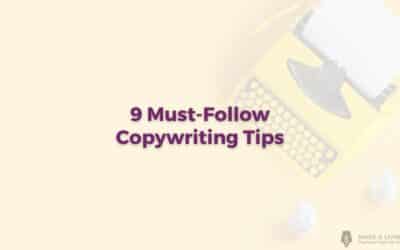
With a little time and attention to detail, not only will you earn their respect, but you’ll have a resource for ongoing work — as well as a reference for landing future work from other newspaper or magazine editors.
Here are five tips that can help writers build a strong writer-editor relationship:
Communicate often
Editors are busy – juggling writers, story lists, deadlines, and just doing more with less. They rely on writers to keep them informed of issues that arise.
Many writers are afraid to tell their editor if a story is going south, a deadline needs to be extended, or the assignment needs to be adjusted due to a new discovery. I’ve found that staying in touch with the editor along the way builds a better one-to-one relationship and has led to good advice on how to address these and other challenges in the future.
Check the facts
Don’t rely on others to do this for you. Before you submit your story, make sure you’ve sourced and reviewed all of your facts.
I recently started working with an editor who assigned me an entire special section on healthcare for a local business newspaper. I made sure I reviewed all of the relevant facts and figures before sending them through and provided the data source. The result was a note of thanks – and another special section assignment.
Double-check names
Never, ever misspell names. There is simply no excuse for it.
I always start interviews with, “Let’s get the technical stuff out of the way…Can you please give me your full name and spelling, and your title?”
They’ll be happy you asked, and they’ll respect your due diligence. So will your editor.
Respect your assignment parameters
One of my former editors shared a story about a freelance writer assigned to cover a new business opening. Photography was scheduled with another source.
What he received looked nothing like the assignment, and worse, the writer had taken his own photos and submitted an invoice! The editor killed the story and took the writer off his list. Don’t be that writer.
Be prepared for rewrites and corrections
Too many times I’ve had writers submit articles that clearly didn’t go through the above steps before they sent it in.
It is not the editor’s job to fill in your story’s gaps or to be your auto-correct. What you submit should be print ready, with the editor merely fine-tuning and assuring the article matches up with the assignment.
Good editor relationships are hard to come by. Be sure to let your editor know how much you appreciate yours, and thank them for their efforts.
How do you keep a good editor relationship going? Tell us in the comments below.
Mary Davis is a freelance writer who has worked in all forms of media and communications.









